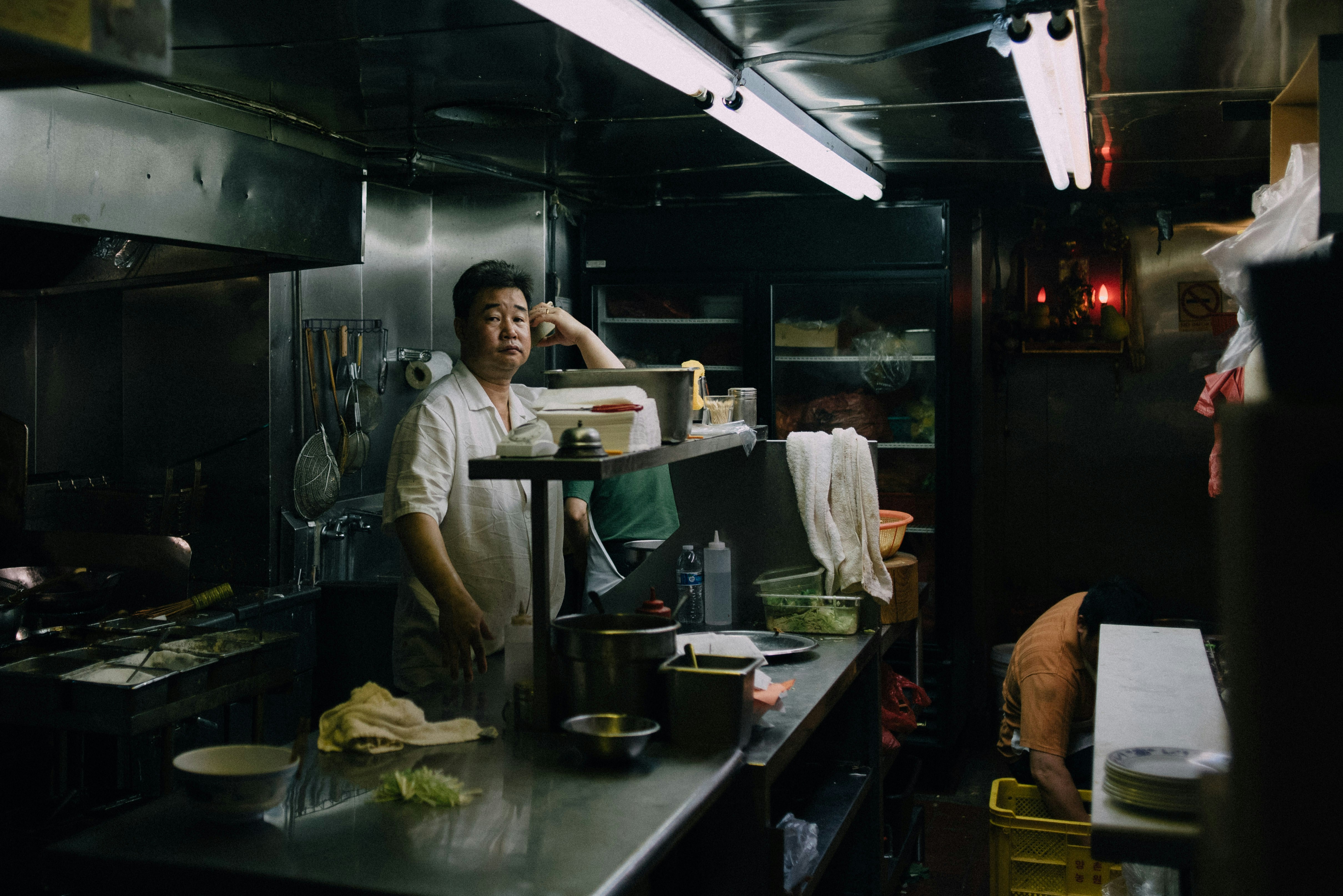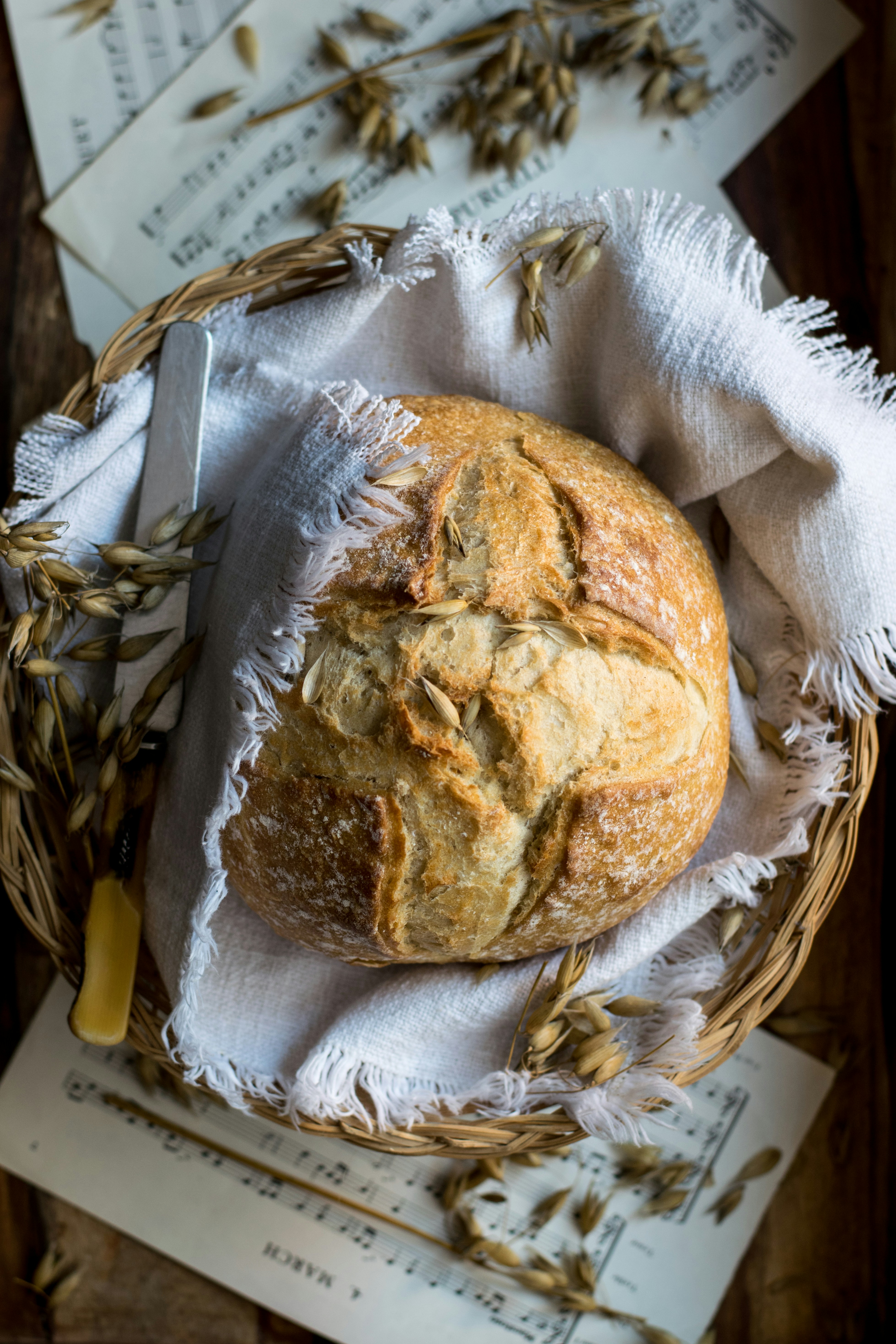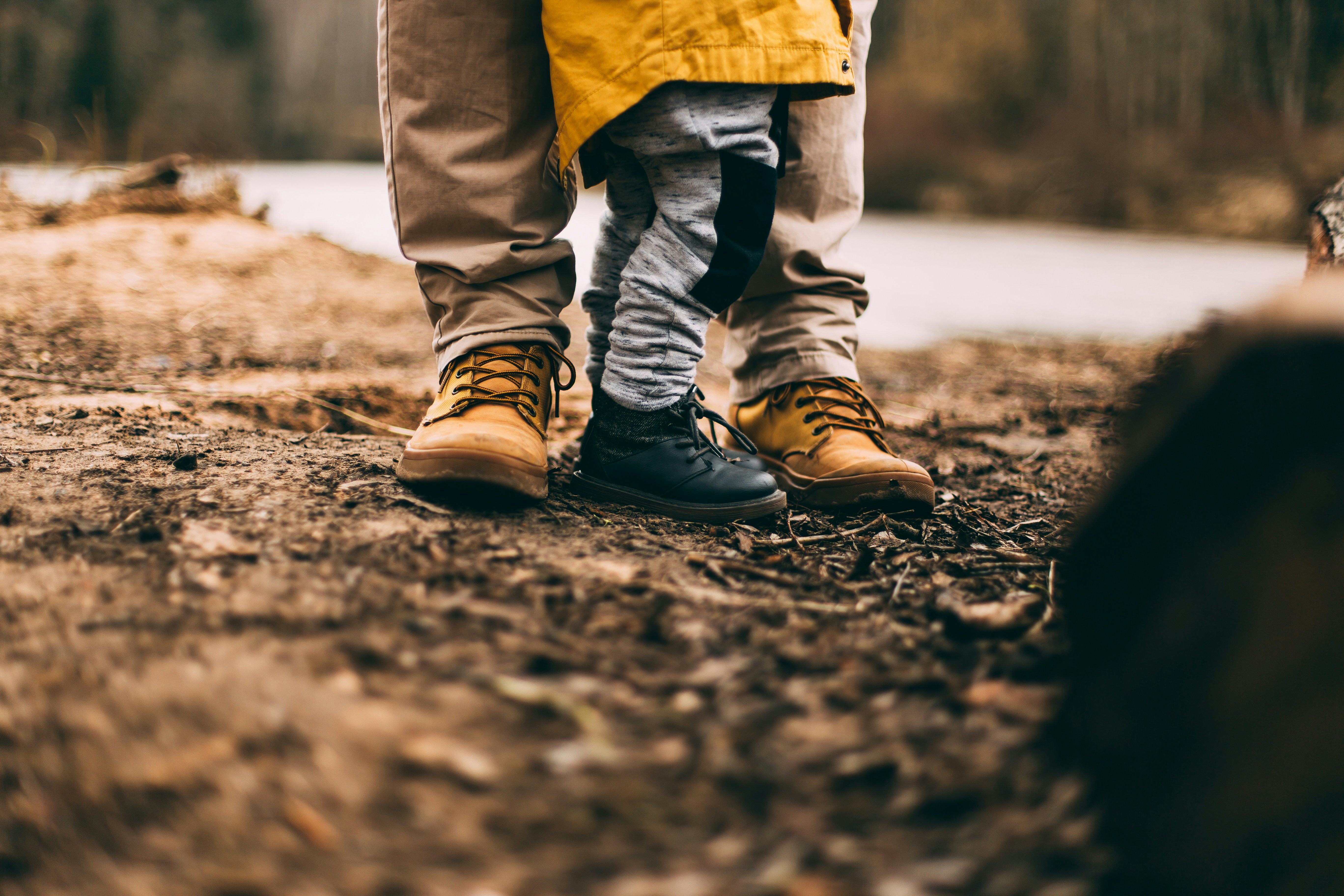The Accidental Mindfulness of Cooking
Published on November 9, 2024
The Accidental Mindfulness of Cooking

It started as a simple attempt to make dinner. I was stressed after a long day of work and family obligations, my mind racing with tomorrow's to-do list. But as I began chopping vegetables for a stir-fry, something unexpected happened.
The rhythmic sound of the knife hitting the cutting board became oddly soothing. The vibrant colors of the bell peppers, carrots, and broccoli caught my attention, pulling me out of my whirlwind thoughts. I noticed the crisp scent of fresh ginger as I grated it, and the sizzle of oil in the wok became a kind of culinary music.
Without realizing it, I had stumbled into a state of mindfulness. My racing thoughts slowed, and I found myself fully present in the act of cooking. Each step of the process—measuring, chopping, stirring—became an exercise in focus and awareness.
The Unexpected Benefits
As I continued to cook, I noticed several unexpected benefits:
- Stress relief: The act of cooking provided a much-needed break from the day's worries.
- Sensory engagement: My senses were fully engaged, grounding me in the present moment.
- Creativity: Even a simple stir-fry allowed for creative expression in seasoning and presentation.
- Sense of accomplishment: Completing the meal gave me a tangible sense of achievement.
What started as a chore had transformed into a form of moving meditation. I realized that cooking could be more than just a means to an end—it could be a valuable tool for mental well-being.
Bringing Mindfulness to the Family Kitchen
Inspired by this experience, I began to involve my family in cooking more often. We turned meal preparation into a shared activity, with each person taking on different tasks. Not only did this distribute the workload, but it also created opportunities for connection and communication.
As we chopped, stirred, and seasoned together, conversations flowed naturally. My teenage daughter opened up about school stress while dicing onions. My son, usually glued to his phone, became engrossed in perfecting his omelet-flipping technique. Even my spouse and I found ourselves having deeper conversations as we worked side by side.
Tips for Mindful Cooking
If you'd like to explore the mindfulness potential of cooking, here are a few tips:
- Focus on the sensory experience: Notice the colors, textures, smells, and sounds of cooking.
- Take your time: Avoid rushing through the process. Embrace each step.
- Practice gratitude: As you prepare the food, think about where it came from and feel thankful for the nourishment it will provide.
- Involve others: Turn cooking into a shared activity with family or friends.
- Embrace imperfection: Remember, it's about the process, not perfection.
Cooking mindfully won't solve all of life's problems, but it can provide a much-needed respite from daily stresses and a unique opportunity for family bonding. So the next time you find yourself in the kitchen, take a deep breath, slow down, and savor the experience. You might be surprised at the peace and connection you find among the pots and pans.
If you're interested in exploring more ways to enhance family communication and well-being, check out Thinker, an AI-powered tool designed to help families improve their relationships and mental health.


